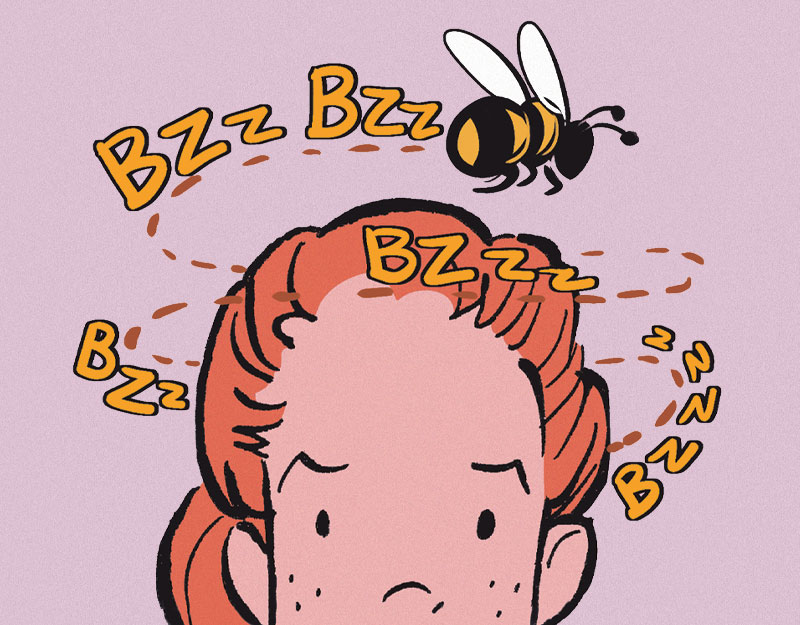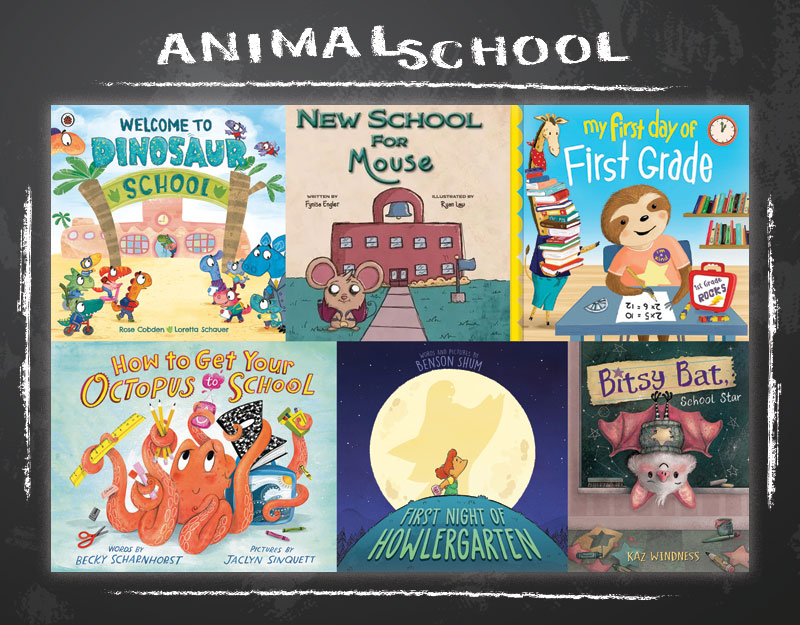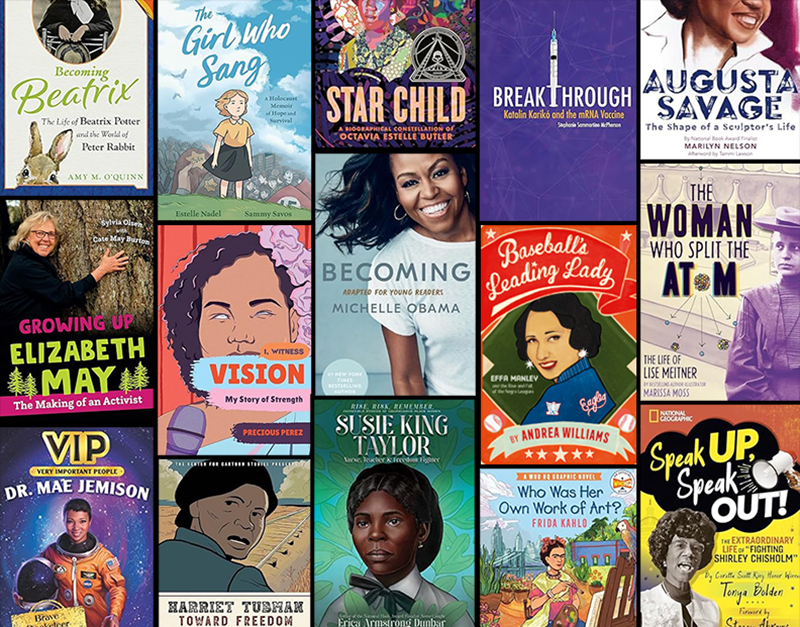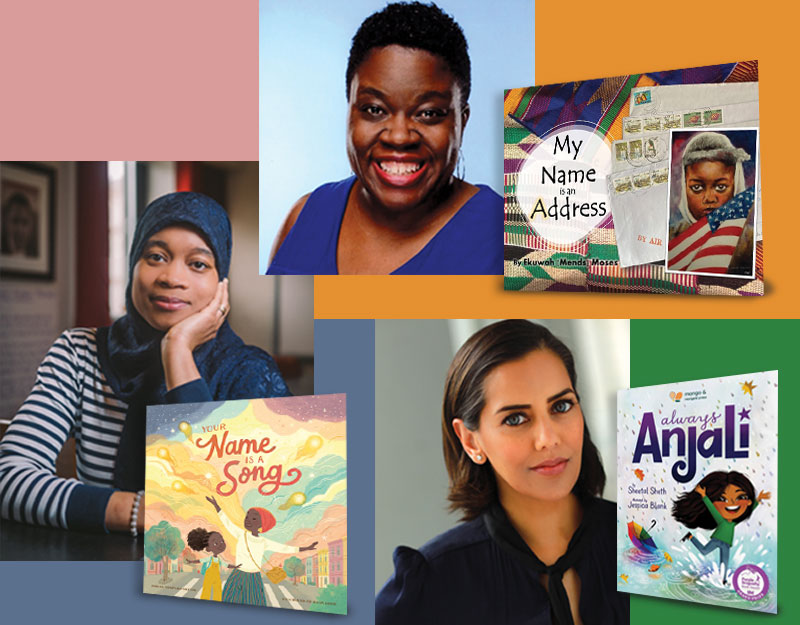Book review: Alex as Well by Alyssa Brugman
 “Alex is with me. The other Alex. I am Alex as well. We are the two Alexes. I guess that’s confusing for a lot of people. Sometimes it’s confusing for me too.”
“Alex is with me. The other Alex. I am Alex as well. We are the two Alexes. I guess that’s confusing for a lot of people. Sometimes it’s confusing for me too.”
When we first meet Alex we know a few things. Alex has stopped taking some medicine recently. Alex is getting a makeover. Alex’s dad left last night, which Alex says was “100 percent because of me.” And Alex is actually two Alexes.
ADVERTISEMENT
ADVERTISEMENT
Born intersex and raised as a boy (I was going to say “assigned male at birth” but that’s complicated and I’ll address that later), Alex now understands that she’s a girl. The Alex who narrates the story is this Alex, the girl, but we also meet Alex the boy, who’s always lurking around, ready to make a sarcastic remark or blurt something out. The dual voices within the same person took a little getting used to, but each Alex has a very distinct persona, so before long it was easier to distinguish them. (For the sake of confusion, let’s just assume that if I say Alex, I’m talking about the girl who is narrating unless I indicate otherwise, okay? And Alex often says “us” and “we” when referring to both parts of herself, so there’s that, too.)
Alex enrolls in a new school, filling out her form: Alexandra, age 14, female. She hopes a new school will give her a chance to start over. She doesn’t tell her parents about this move. Both Alexes indicate that their mother is unstable. Boy Alex calls her a “nutbag.” Alex says she’s “mental.” Prone to fits of yelling, rolling on the floor, and blaming Alex, she is pretty much a clueless nightmare. No wonder Alex doesn’t look to any parental support or advice when she decides to change schools. But there’s just one problem: Alex needs a birth certificate to complete her enrollment. Because that certificate says she’s a boy, and she’s enrolling as a girl, it presents a problem.
Alex seeks legal advice on her own, going to a lawyer called Crockett to find out how to get a new birth certificate. In him, she finds an unlikely ally, one who goes on to play a larger role in the story as he tries to help her get the new certificate as well as some other significant choices Alex makes. That’s the gist of the story: Alex would like to have her gender legally reassigned so she can start living her life as a girl. A lot of stuff happens long the way. The plot is not enormous, but the things said to her, by her, and about her make the story very, very loaded.
Alex’s thoughts about herself and her past are complicated. Boy Alex refers to her dressing as a girl as a fetish. Alex refers to herself as a “transgender freak.” She thinks of herself as “beautiful/ugly,” says people look at her with fascination and loathing. She uses the word “deformed” when thinking about herself. She is not kind to herself in her thoughts, almost unrelentingly saying things along these lines. Alex thinks she will never be happy, no matter what. She thinks in very simplistic and stereotyped terms about what boys do versus what girls do (like blurting something out in class is a “boy thing,” and now that she’s a girl it’s okay to be incompetent with tools).
But nothing Alex says or does can be as horrible as what her mother puts her through. Her mother, Heather, is horrible. She tells Alex, “You’re killing me, you little pervert.” She posts on a web forum about motherhood, revealing that Alex was born “sexually ambiguous.” Born with a small penis, no testes, and ovaries, Alex was on hormones from young up to help her be male. And—oh lord—Alex had a birth certificate that said she was female until she was 6 months old, at which point her parents got it changed. Alex’s parents took to her lots of doctor’s appointments, kept a log of her behaviors and preferences, and tried to ignore anything that indicated maybe they hadn’t made the right choice. To his credit, her father wanted to stop the appointments and explain to Alex how she was born and what was going on. Heather shares in these posts that she doesn’t think she loves Alex, who she refers to 95% of the time as “him.” She’s angry and feels Alex suddenly just decided to become a girl—it’s just a phase, he’s just confused, she says. And remember, all of this is being posted on website.
We’ve all read comments online, right? Imagine the most frustratingly clueless, offensive, ridiculous comments you can think of. With the exception of two frequent commenters, Heather’s posts are given support and encouragement in completely not helpful ways. Things like, “If you’d made him a girl she would have wanted to be a boy. He’s a teenager. This is what they do,” or, “The home is not a democracy. The adults have to make the decisions.” The smallest part of me thought, okay, she’s struggling to understand what’s happening. Yes, she’s known all along that Alex is intersex, and none of this can be a total surprise to her. That doesn’t forgive the hateful, disgusting things she says or writes. And that teeny tiny bit of trying to be forgiving goes right out the door for good when she reveals that she’s found ways to still make Alex, unbeknownst to her, get her hormone supplements.
Alex’s dad is not as actively unsupportive—in fact, I think he’s well on his well to understanding and being able to offer the love and support Alex needs. After all, he’s the one who has been advocating for honesty and transparency all along. But he’s not given much time to show up in the novel. And even though he seems like her most likely ally, even he refers to her as a “weirdo.” Ouch.
Alex doesn’t have any friends from her old school and has a few very superficial friendships with people at her new school. The most supportive person in her life is Crockett, a relative stranger who is trying to help Alex, though I’m not always sure it’s in her best interests.
All of these things combine to send some troubling messages about life as an intersex teen. No real parental love or support (and active hate from Heather), no real friends, no real positive feelings about herself… I spent a lot of the book shaking my head and cringing at the messages all of these things are sending.
ADVERTISEMENT
ADVERTISEMENT
And then there’s the fairly unrealistic side plot about Alex instantly becoming a sought-after model. It seemed too speedy and coincidental to be believable. In fact, a lot of the book just didn’t ring true, from Alex so easily enrolling and getting to stay at a school despite not having the proper paperwork to Crockett’s utter willingness to help her for free, to the extreme twists with her family situation and the abrupt ending.
In the end, I didn’t really enjoy this book. I found the overall tone off-putting. I didn’t like Alex, but I don’t even care about that. I don’t need to like a character for me to like a book or find it interesting/smart/compelling. The power of the many voices of hatred and disgust, including Alex’s own, weren’t tempered by other more positive support or thoughts. The odd choice for Alex to be split into two parts—a distinctive boy part and a girl part—reinforces binary ideas, as does the gender role stereotyping that Alex embraces. There are many smaller problems too—Alex’s description of her new friends (particularly Amina, who’s Somali and Muslim) as “exotic,” the predatory attitude that boy Alex has (and that Alex herself embraces at certain points), the treatment of possible mental health issues… I have pages of notes of places where I just felt like, NO. This isn’t working.
I really wanted to like this for a lot of reasons. It’s Australian, and to be honest I think this is the first Aussie YA book I have ever read that I haven’t loved. Alex as an intersex character is filling an important gap in YA. But she’s presented is in such a negative light that I feel like if I gave this book to someone to read, I’d also want to give them every other book about intersex characters I could find. I finished the book feeling it somehow felt dated, despite being new, and wonder about the research that went into it, and the motivations behind painting such a harshly negative picture of what life as an intersex teen might mean. It’s not that I expect books to be filled with supportive and loving characters, or that I feel books are obligated to present any kind of message, period, much less one of hopefulness or positivity. But I just find so much about this title troubling.
I’ll be curious to start hearing feedback about it as its release date is today. I’d love to hear your thoughts if you’ve read it already or read it soon. Find me on Twitter @CiteSomething.
For other intersex experiences see:
Double Exposure by Bridget Birdsall
Pantomime by Laura Lam
Shadowplay by Laura Lam
Golden Boy by Abigail Tarttelin
Forthcoming title: None of the Above by I.W. Gregorio (April 7, 2015)
REVIEW COPY COURTESY OF NETGALLEY
ISBN-13: 9781627790147
Publisher: Henry Holt and Co. (BYR)
Publication date: 1/20/2015
Filed under: Book Reviews
About Amanda MacGregor
Amanda MacGregor works in an elementary library, loves dogs, and can be found on Twitter @CiteSomething.
ADVERTISEMENT
ADVERTISEMENT
SLJ Blog Network
One Star Review, Guess Who? (#202)
This Q&A is Going Exactly As Planned: A Talk with Tao Nyeu About Her Latest Book
Exclusive: Giant Magical Otters Invade New Hex Vet Graphic Novel | News
Parsing Religion in Public Schools
ADVERTISEMENT







